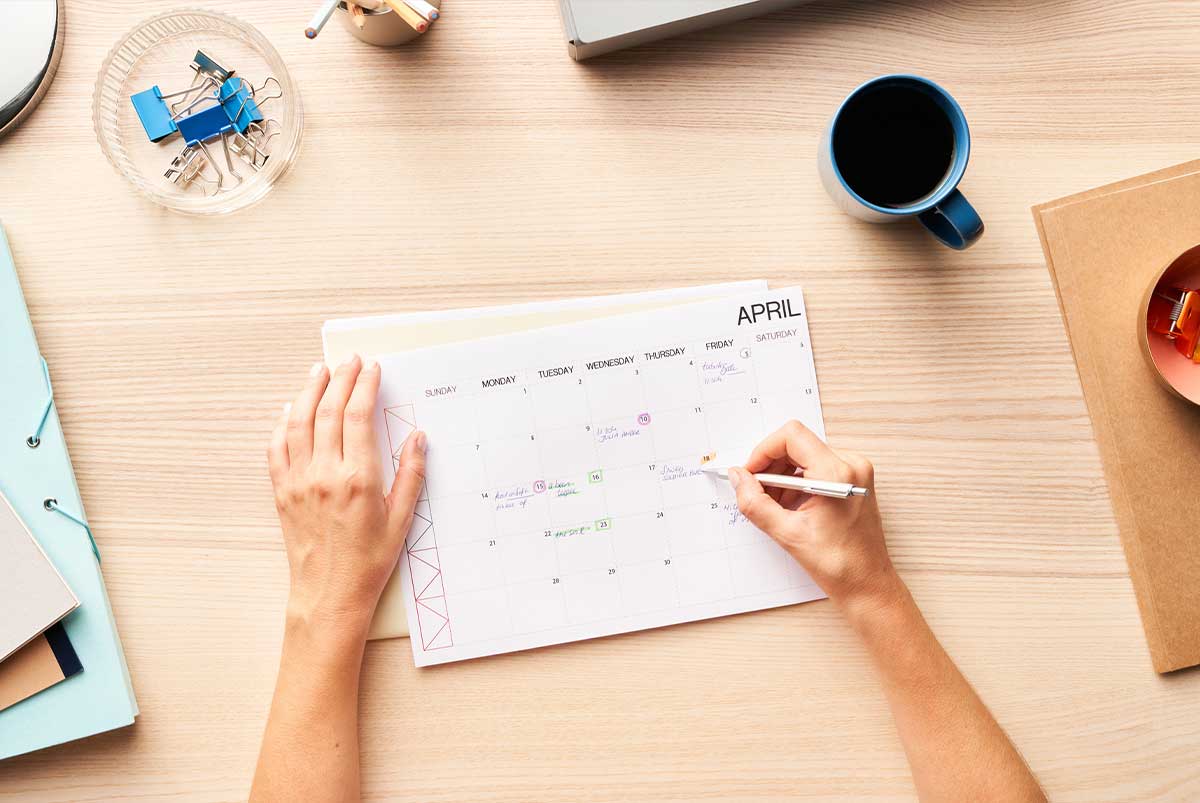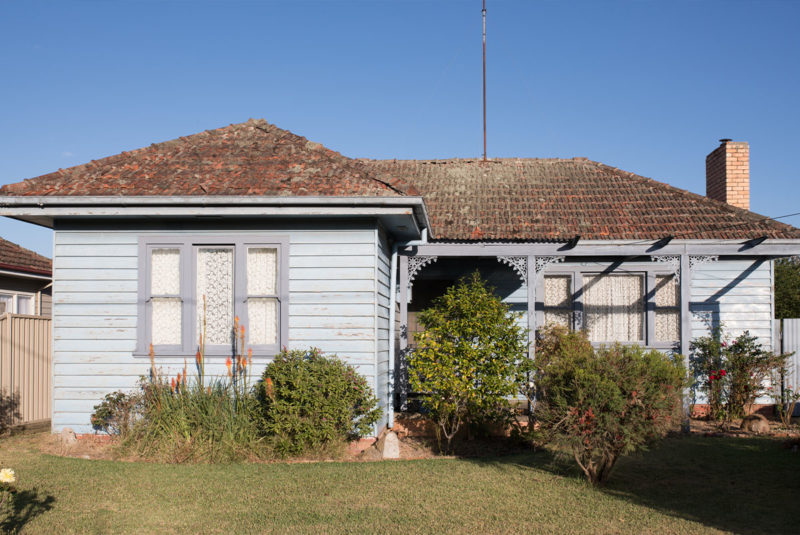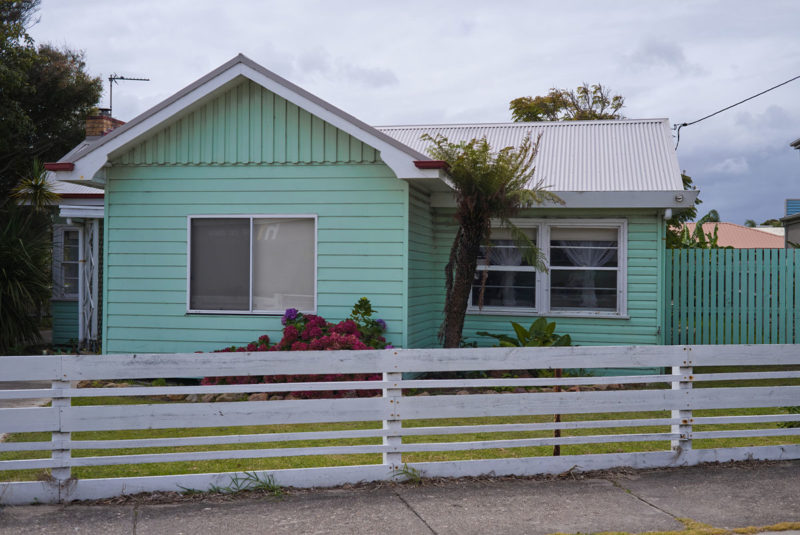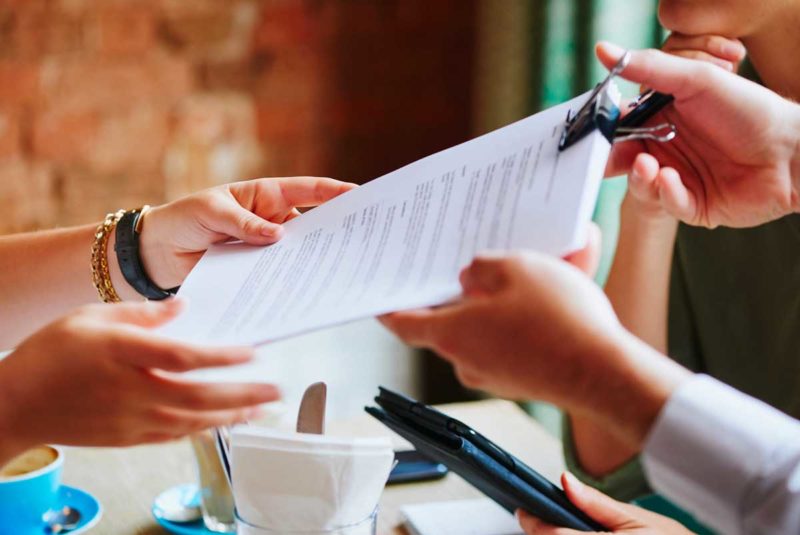Ready To Buy a Home?
Get Approved to Buy a Home
Rocket Mortgage® lets you get to house hunting sooner.
Congratulations, you did it! You took the plunge and officially entered the housing market. Becoming a homeowner is an exciting time in a person’s life and, chances are, you’re feeling pretty proud of yourself.
The road to closing may have been long and winding, but that part’s over, and we’re here to help you navigate homeownership. You’ve probably got lots of questions. And we’re guessing you have questions about when your first mortgage payment is due.
Lucky for you, we’ve got the answer to this question and all your other burning mortgage questions. Let’s dive in!
When Is Your First Mortgage Payment Due After Closing?
When you closed on your mortgage, you paid your closing costs – but you didn’t make your first mortgage payment. That’s because your first mortgage payment is due on the first of the month (typically 30 days) after your closing.
If your mortgage loan is backed by Fannie Mae, your first payment must be made no later than 60 days after closing.[1] So, if you closed on your new digs any date in March, your first mortgage payment wouldn’t be due until May 1, or the payment date you agreed on with your lender.
Where can you find your mortgage payment due date?
You’ll find your first payment date on the first payment letter you’re sent from your lender. The letter will also include an amortization schedule or a breakdown of how much you pay toward the interest and the principal every month over the life of your mortgage.
BTW, your amortization schedule and first payment due date were also included with the package of closing documents you received from your lender at closing. It should’ve included the payment due date, the amount of your first payment and the amounts for your monthly or biweekly payments.
Should you make early payments?
If your lender doesn’t charge prepayment penalty fees and you can responsibly afford to get ahead of your payments, it may make sense to start making mortgage payments before they’re due. Paying in advance – even by a week – can give you a head start on interest, helping you to pay down on your principal (aka the amount you borrowed) sooner.
Read the fine print to see if your lender charges prepayment penalty fees. In many cases, early payments can be worth the effort and the savings on interest.
How does the closing date affect your first payment?
That time you get between shelling out for closing costs and making your first mortgage payment is welcome breathing room.
This is where your closing date can make a HUGE difference. It affects the amount of time you have between paying closing costs and making your first mortgage payment.
If you’re looking for a little extra breathing room, aim to close on your mortgage near the beginning of the month. Just keep in mind that a beginning-of-the-month closing date does come with some drawbacks.
Your closing costs include a mortgage interest prepayment that covers the gap between the closing date and the first payment. Closing earlier in the month instead of at the end of the month means those closing costs will be a little higher.
Let your budget be your guide. Is the smarter money move keeping your closing costs down or giving yourself a 30-day break between closing and making your first payment? Either way, interest starts accruing on the loan after closing.
Why is your first mortgage payment not due right away?
Unlike rent payments, which are due on the first of the month and cover your stay for the rest of the month, mortgage payments are made in arrears. You pay your mortgage on the first of the month, but you’re paying the interest portion of the balance from the last month.
What Makes Up Your Mortgage Payment?
Four factors make up your mortgage payment (aka PITI):
- Principal: The amount you borrowed from the lender to cover the cost of your house.
- Interest: The amount the lender charges for the money you borrowed. It’s calculated as a percentage. You prepay interest on your mortgage at closing.
- Property Taxes: These taxes are typically set by your municipal government and may change over the course of your mortgage.
- Insurance: Your closing costs might include a year of homeowners insurance premiums that you pay upfront. After the first year, a monthly premium is typically tacked onto your mortgage payment. Depending on your loan type (conventional or government-backed) and the size of your down payment, you may be required to pay for mortgage insurance.
While your lender keeps the principal and interest you pay each month, your tax and insurance payments are typically held in an escrow account and paid out when they’re due.
How much will your first mortgage payment be?
The amount of your first mortgage payment will depend on the size and term (aka length) of your loan.
If you have a fixed-rate mortgage, what you pay to cover the principal and interest will stay the same each month – at least for the duration of your mortgage term.
If you have an adjustable-rate mortgage with a variable interest rate, the amount you owe in interest may change every year, depending on the terms of your loan.
If (like many) you make monthly payments to cover your property taxes and insurance premiums as a part of your mortgage payment, they may change every year, but in most cases, increases or decreases to your premiums or property taxes are relatively small.
For example, let’s say your new home costs $200,000. You make a 20% down payment and decide on a 30-year mortgage loan at 3.32% interest. In this scenario, your mortgage payments will look like this:
- Principal Amount: $160,000
- Down Payment: $40,000
- Loan Repayment Term: 30-year fixed-rate
- Interest Rate: 3.32%
- Monthly Mortgage Payment: $702.49
Of course, it’s important to remember that your $702.49 payment only includes your principal amount and interest charges.
If your agreement with your lender includes paying mortgage insurance premiums or property taxes and homeowners insurance, those amounts will be added to your total monthly payment.
How Do You Make Your First Mortgage Payment and All the Rest?
Each lender has specific options available. Most accept the following payment methods:
- Paper checks
- Online payments (through your bank or the lender’s website)
- In-app payments (if your lender has an iOS or Android app)
Most lenders prefer to have their clients set up autopay. With autopay, you “set it and forget it.” Your payment is automatically withdrawn from your bank account each month, and you don’t have to stress about missing payments.
If you decide to write checks or make online payments, make sure you stay on top of your due dates. Your credit score and relationship with your lender could depend on it!
And remember, there’s always the option of making your payments before their due dates. You can also add in a little extra on top of your minimum payment amount. It’s a good way to shrink your loan balance faster. Just be sure to consider any prepayment fees before you start making early payments.
What Happens if You’re Late on a Mortgage Payment or Miss It?
Remember what we said about the importance of not missing your mortgage payment? Well, in case you forgot, let’s rewind: Do not miss your mortgage payments!
Failing to make a payment on your mortgage can lead to a world of problems. If your lender reports the late payment to the credit agencies, your FICO® credit score will drop. And that could jeopardize your ability to open a new credit card account, line of credit or get a loan.
Missed mortgage payments can put you on the hook for extra fees and penalties. Most lenders have a grace period and programs to help you catch up, so always contact your lender immediately if you have trouble with a payment. Remember, missing multiple payments may result in losing your home (aka foreclosure).
What if something happens and you can’t afford to pay?
If you can’t make your loan payments, talk to your lender ASAP. There are solutions lenders can offer. You may be eligible for a grace period, forbearance, refinancing or a loan modification that can help you get through challenging times.
Some lenders even provide payment vacations. These vacations push the end of your mortgage term back by a month or two so you can take a payment break while building back your finances.
Communicating with your mortgage lender and taking a proactive approach can help you avoid getting in over your head.
No Need To Thank Us, Just Paying Our Dues
You’ll find lots of advice out there on how to pick the perfect closing date. When you’re looking at the big picture, don’t forget to consider your financial priorities. Is the smarter money move keeping your closing costs down or giving yourself a 30-day break between closing and your first mortgage payment? Only you (and your lender) can decide.
Need Mortgage Help?
New home, second home, refinancing, we’ve seen it all. Whatever your goals, expert help is just a click away.
The Short Version
- Your first payment isn't due until the first full month after closing (typically 30 days)
- Mortgage payments cover the interest for the previous month – not the upcoming month
- The best time to close on your mortgage is at the end of the month to avoid prorated interest
Fannie Mae. “C2-2-01, General Requirements for Good Delivery of Whole Loans (08/07/2018).” Retrieved December 2021 from https://selling-guide.fanniemae.com/selling-guide/selling-securitizing-delivering-loans/subpart-c2-whole-loan-transactions/chapter-c2-2-whole-loan-deliveries/1050216451/c2-2-01-general-requirements-for-good-delivery-of-whole-loans-08-07-2018.htm




